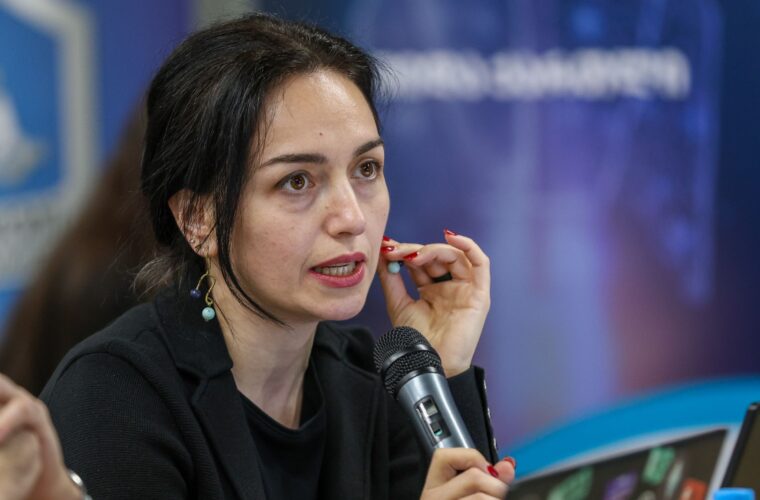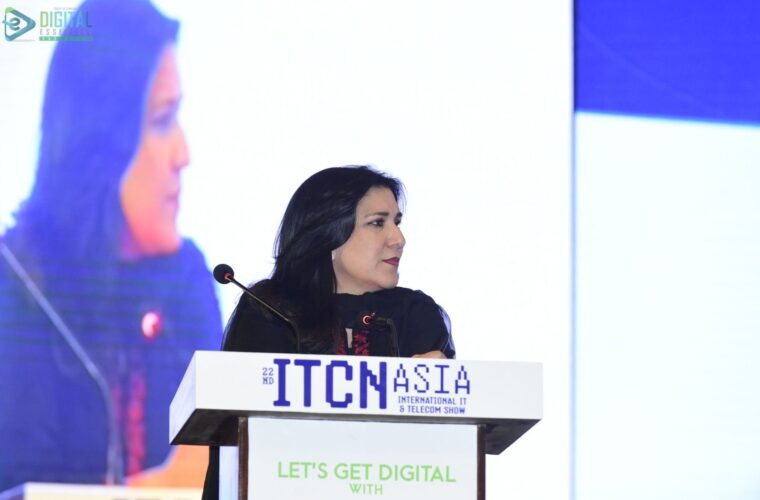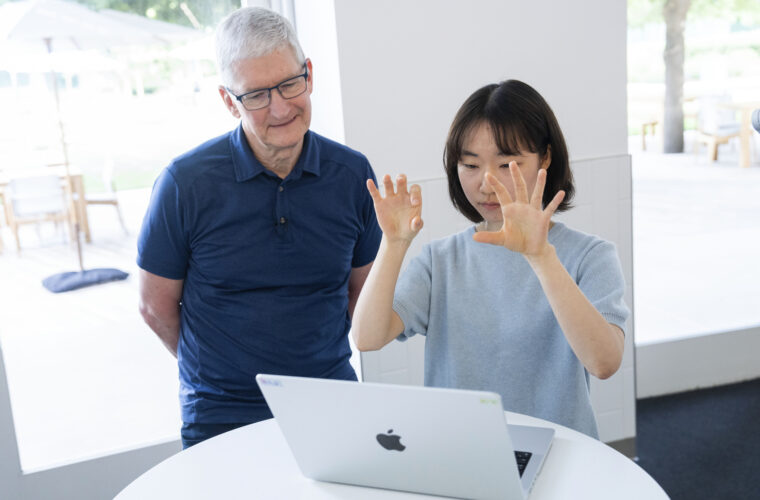Place of residence: Vilnius, Lithuania
Position: Manager of GovTech Lab @ Innovation Agency Lithuania
Please describe a day in your life:
Like many, my day kicks off with a good breakfast and a mandatory coffee ritual. I happily head to the office around 8 am, and yes, I’m one of those rare creatures who genuinely enjoys office life, though 15 15-minute commute may have something to do with that. As a team lead, my day is a jigsaw of helping colleagues tackle their tasks and goals, whether orchestrating a GovTech event or brainstorming the next-gen legal structure for funding GovTech solutions.
Towards the end of the day, I carve out a little quiet time to tackle my own tasks. Evenings are reserved for my love affair with sports, mainly cycling or weight training. Currently, I’m typing away remotely from sunny Spain for a change, where “February sun” is not an oxymoron (unlike the usual Lithuania scene in winter). So, there’s also a fair share of hiking and soaking up that vitamin D.
How many projects are you currently working on? Please describe them:
GovTech Lab is like one big project, but internally me and my team are working on various other programmes and initiatives:
GovTech Challenge Series is a structured innovation programme where we take public sector problems, transform them into challenges to the entrepreneurs, and then place the best startups and companies with the public sector challenge owner into a 3–4-month co-creation accelerator. Throughout that time, they seek to develop a prototype or MVP to see if technological innovation can solve their problem. We use a procurement method called design contest as the legal framework for this collaboration. Each year, we have about 20 projects within the programme.
GovTech 4 All – essentially trying out our GovTech Challenge Series programme on the European level with three other countries simultaneously.
GovTech Innovation Academy is our initiative to build up public sector innovation skills. It is a 4-day boot camp programme that covers innovation potential, strategy, searching for innovations, and implementing them.
Tell us a bit more about GovTech Lab
GovTech Lab is a team within Lithuania’s National Innovation Agency. It helps the public sector to identify challenges that can be solved by emerging technologies and engage startups and SMEs to co-create solutions. It focuses on three key activity areas: 1) helping solve GovTech challenges, 2) building the GovTech ecosystem, and 3) improving public sector innovation skills. In essence, GovTech Lab aims to bring more experimentation and innovation, primarily in the form of digital solutions, to Lithuania’s government.
We launched the GovTech Lab in 2019 as a bottom-up initiative in the government, and it has gone from strength to strength since then.
In your opinion, who is the most influential person/company in the world of technology these days?
Certainly, OpenAI stands out as a significant influencer in the current tech landscape. The growing presence of ChatGPT has led to a situation where some individuals are beginning to equate AI and ChatGPT, emphasizing the noteworthy impact OpenAI has made in the realm of technology (although that confusion is alarming and shows a lack of digital skills!).
If you could pick one app/product/project existing now that you wish you were involved in, what would it be
Building on the previous question, being part of the creation of ChatGPT would have been a fascinating endeavour. However, I don’t feel like I’ve missed out on anything because the possibilities for innovative projects are vast, and there are still numerous exciting avenues to explore and contribute to.
What would you like the industry to look like in ten years?
In the next decade of GovTech, I envision a landscape with a proliferation of smaller companies and startups actively crafting tools for governments. The ideal scenario would involve enhanced interoperability between GovTech tools, fostering seamless collaboration. Additionally, I look forward to streamlined processes that make it easier for governments to engage with and procure startup solutions, facilitating a more dynamic and innovative GovTech ecosystem.
What three characteristics do you have that make you successful in tech?
I’d say empathy, creativity, perseverance. Empathy to understand what is needed, creativity to come up with ideas and solutions, and perseverance to make those ideas a reality.
What is the most challenging thing you had to deal with during your career?
The most challenging undertaking in my career has been spearheading the launch of GovTech Lab. As a grassroots initiative crafted by us, three public entrepreneurs, the journey involved considerable persuasion and navigating hurdles. Introducing something new, especially when it doesn’t align with the established 10-year plans of bureaucratic frameworks, required some skilful diplomacy – not everyone appreciates a surprise in their meticulously laid out plans!
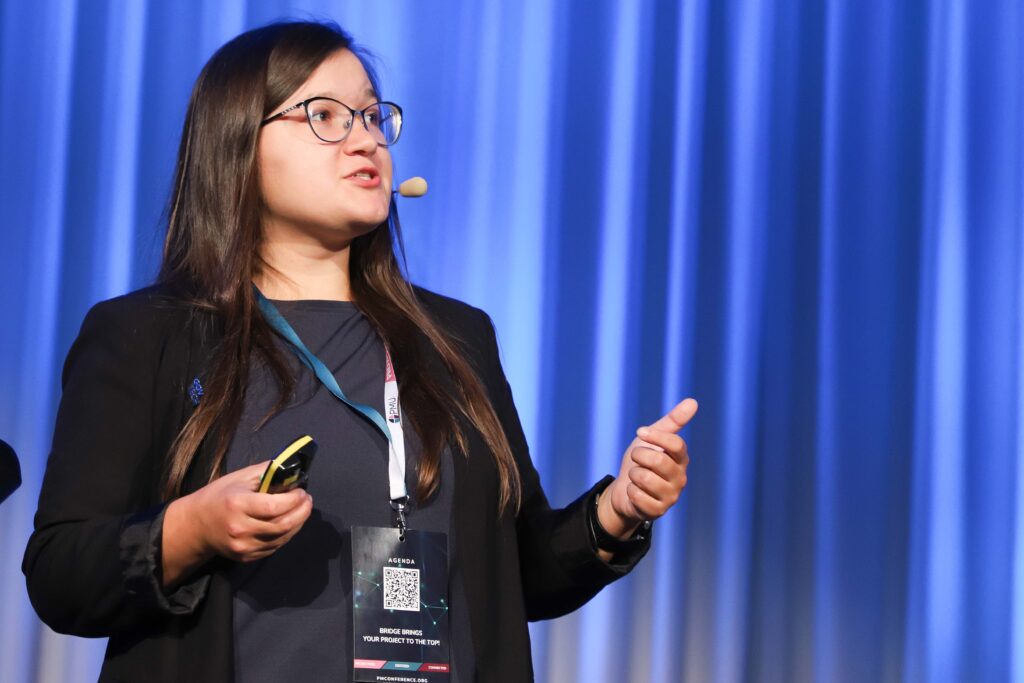
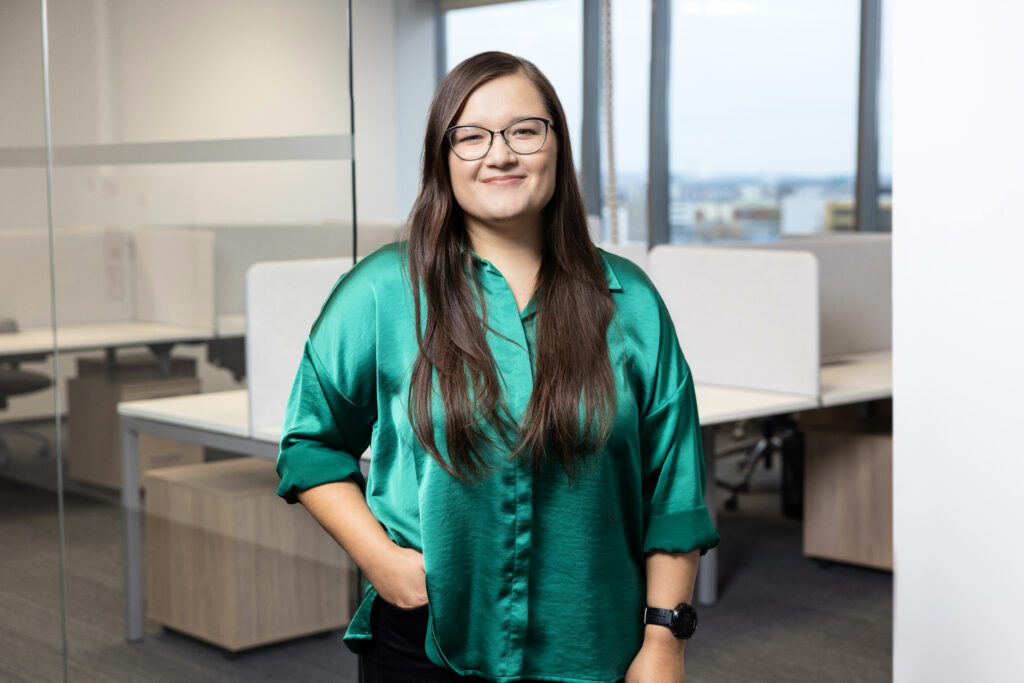
What is the invention of the century in your eyes?
More from the last century, but design thinking and its increasing popularity – I think it allows people to build tools that truly solve problems and respond to user needs.
What is your greatest achievement up until today?
My standout accomplishment has been getting GovTech Lab off the ground. It’s not just about the impressive 100 innovation projects or the awards; it’s about putting digital government innovation in the spotlight for public servants in Lithuania.
Do you have a person who influences you or motivates you?
I do not have one person who would take that role, but generally, people who do things, not just talk about them, motivate me a lot.
In your opinion, what could leaders do to bring more women into the field?
GovTech is already demonstrating leadership in gender diversity, especially in Lithuania, where the synergy of government and technology has led to a notable presence of women in leadership roles. This trend, prevalent in government, naturally extends to GovTech. There is a noticeable balance between keynote speakers and discussions in events such as conferences I have attended and spoken at.
However, beyond these achievements, fostering inclusivity involves creating pathways for individuals outside leaders’ existing networks to join the field. Establishing a culture of openness becomes crucial in encouraging diversity and ensuring that GovTech continues to be a welcoming space for individuals from all backgrounds.
What is your next goal?
Launching the new initiative within the GovTech Lab – GovTech sandbox, a platform that facilitates the full lifecycle of innovation, from experimentation to scaling, and includes a special focus on behavioural, procedural or regulatory changes needed in the public sector to use technology that solves our current challenges fully.
Which famous person would you like to have dinner with and why?
Jennifer Pahlka is the founder of Code for America and former U.S. Deputy Chief Technology Officer in the White House Office of Science and Technology Policy. I would love to talk about her book “Recoding America” and her overall experience with digital government.
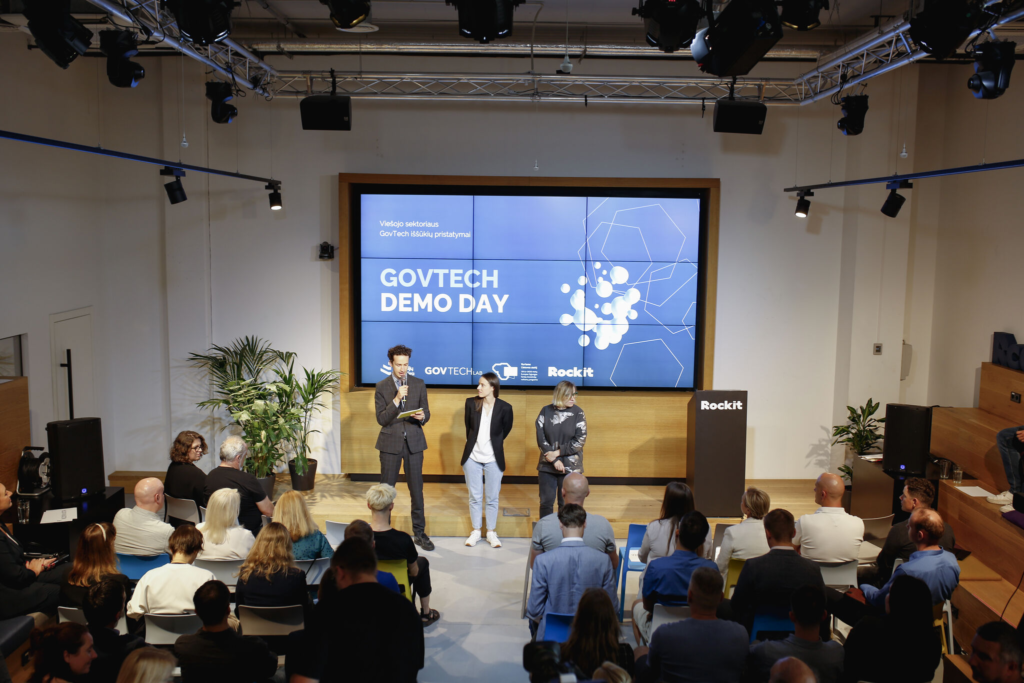
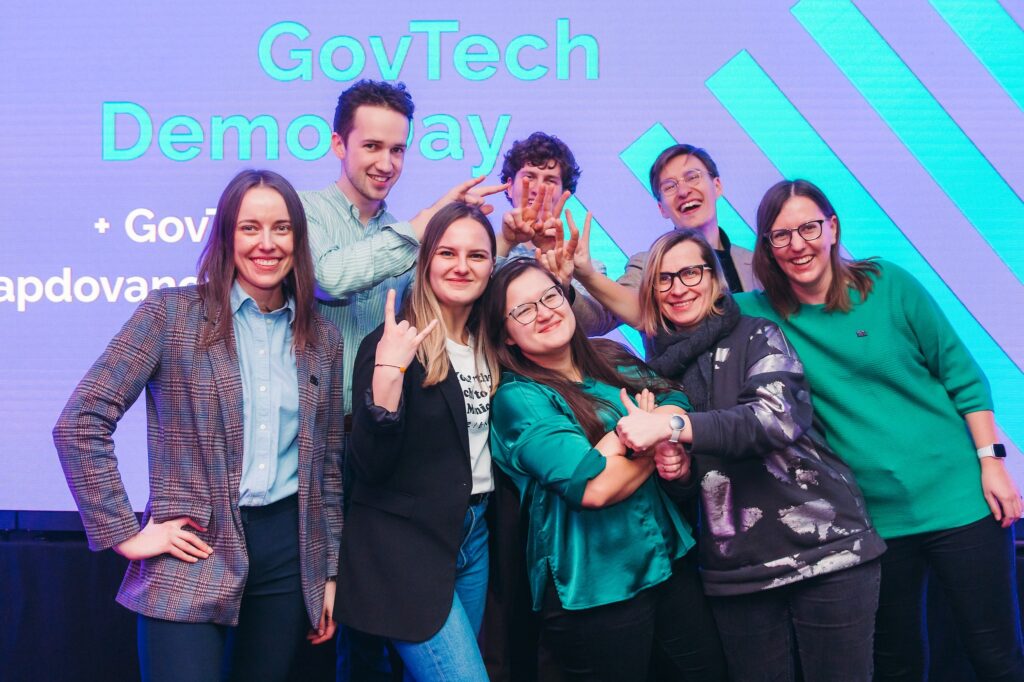
Where would you like to travel next?
Nepal!
What did you dream of creating/inventing/doing as a child?
Not anything specific, unfortunately. As a child, my dreams were diverse, encompassing aspirations from becoming a professional athlete to aspiring to hold the president’s office. Still, I didn’t have a specific focus on inventing something at that time.
How did covid-19 change the way people view technological development?
The onset of COVID-19 had a dual impact on how people perceive technological development. On the positive side, there was a widespread realization of technology’s potential, leading to a reduction in scepticism among many individuals. However, it’s important to note that rapid technological advancements occurred in the initial stages of the pandemic, with organizations swiftly adopting digital tools without addressing underlying processes.
This quick adoption may have misled the perception that implementing digital tools is effortlessly straightforward. Yet, for sustainable integration beyond crisis response, there’s a crucial need to reconstruct institutions along with technological developments concurrently.

